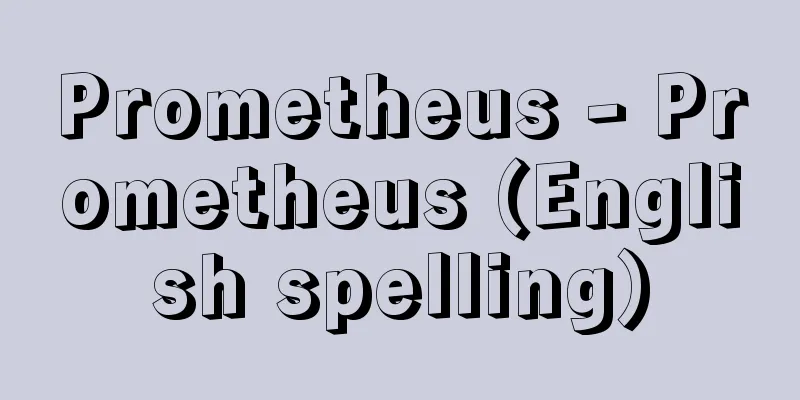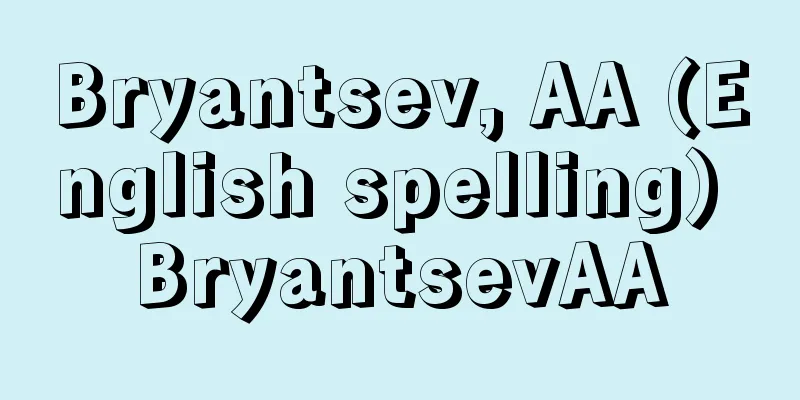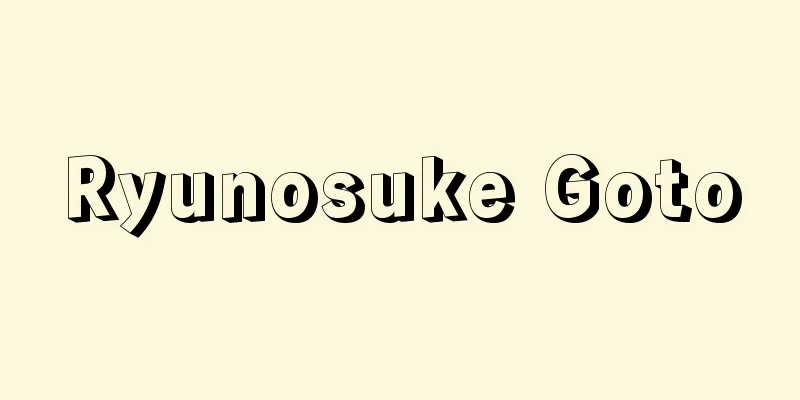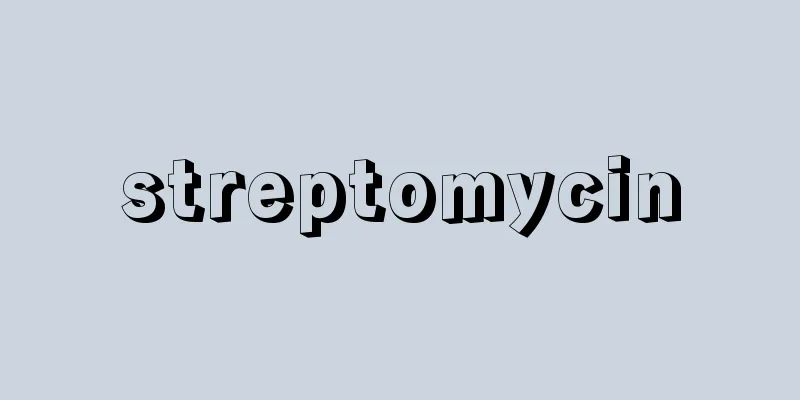Prometheus - Prometheus (English spelling)

|
One of the Titans in Greek mythology. Brother of Atlas and Epimetheus. When the Titans and Olympians fought for supremacy, Prometheus foresaw that Zeus would take over the world and sided with him. Therefore, even after the defeated Titans were cast into Tartarus, the depths of the earth, Prometheus was allowed to travel freely between gods and humans. However, Prometheus soon came to sympathize with humans in their miserable state and came into conflict with Zeus, who was merciless towards humans. Zeus suffered when deciding how to share the sacrificial cow between gods and humans, and when Prometheus stole fire from heaven and gave it to humans. At that time, humans did not have fire, and therefore feared wild animals in the darkness of night and did not know how to cook food with fire, so he hid the fire from heaven in the stalk of a great fennel and brought it to earth. Furthermore, Prometheus taught humans the wisdom and skills they needed to survive, and was truly a benefactor of human culture. However, at this point, Zeus finally took revenge on Prometheus and humans. He created the first human woman, Pandora, and took her to Epimetheus, bringing all kinds of disasters to humans, and chained Prometheus to a distant rock mountain in the Caucasus and had a giant eagle eat his liver, causing him endless pain until his liver would grow back during the night. After many years, Hercules, who was traveling, shot down the eagle and rescued Prometheus, and Zeus and Prometheus were eventually reconciled. [Teruo Ito] Source: Shogakukan Encyclopedia Nipponica About Encyclopedia Nipponica Information | Legend |
|
ギリシア神話のティタン神族の1人。アトラスやエピメテウスの兄弟にあたる。ティタン神族とオリンポス神族が覇権を争ったとき、プロメテウスは世界の支配権がゼウスに帰することを予見して彼に味方した。そのため敗れたティタンたちが大地の奥底タルタロスに投げ込まれても、彼だけは神々や人間たちと自由に往来することを許された。しかし、やがて悲惨な状態にある人間に深く同情するようになったプロメテウスは、人間に対して容赦のないゼウスと対立するようになる。犠牲の牛を神々と人間で分け合う方法を決めるときも、またプロメテウスが天上の火を盗み出して人間に与えたときも、ゼウスは痛いめにあった。当時の人間は火をもたず、したがって夜は暗闇(くらやみ)のなかで野獣を恐れ、火を用いて食物を料理することも知らなかったので、彼は大茴香(おおういきょう)の茎の中に天上の火を隠して地上へもたらしたという。さらにプロメテウスは、人間が生きていくために必要な知恵と技術を教え、まさしく人類の文化の恩人であった。が、ここに至ってついにゼウスはプロメテウスと人間に対して仕返しをする。つまり、人間の最初の女パンドラをつくってエピメテウスのもとへ連れてゆき、人間にあらゆる災いをもたらすとともに、プロメテウスを遠いコーカサスの岩山に鎖でつないで大鷲(おおわし)に彼の肝臓を食わせ、夜の間にふたたび肝臓が元どおりに回復するという絶えることのない苦痛を与えた。長い年月ののち、旅の途中のヘラクレスが大鷲を射落としてプロメテウスを救い出し、やがてゼウスとプロメテウスは和解する。 [伊藤照夫] 出典 小学館 日本大百科全書(ニッポニカ)日本大百科全書(ニッポニカ)について 情報 | 凡例 |
Recommend
Capriccio
In French, it is called caprice, and can also be t...
Winner - Winner
A concept under the Public Offices Election Law, ...
whortleberry
…It is also used in Europe and the US for crossbr...
Koito Sasichimono - Koito Sasichimono
It is a type of puppet theater, Kabuki, and Kyogen...
Fu-xing-shuo (English spelling)
A Chinese ethical theory. It states that human nat...
Civil Execution Act
This refers to laws and regulations related to ci...
Towada stonefly - Towada stonefly
An insect belonging to the order Plecoptera and t...
Lennie Tristano
1919‐78 A white American jazz pianist and bandlead...
Dal'nevostochnyi ekonomicheskii raion (English notation)Dalnevostochnyiekonomicheskiiraion
...is often not included in the Siberian region. ...
Takebe Ayatari
A haiku poet, scholar of Japanese classics, autho...
Shakushimai - Shakushimai
Folk performing art. One of the Hayashimai (musica...
Anatolicon - Anatolicon
…The majority of the population is Turkish, but t...
Odate [city] - Odate
A city in northern Akita Prefecture. It was incorp...
Kusamao - Kusamao
→ Ramie Source: Shogakukan Encyclopedia Nipponica...
Okushima-so
… [Peasant uprisings and horse-hire] Since the mi...









